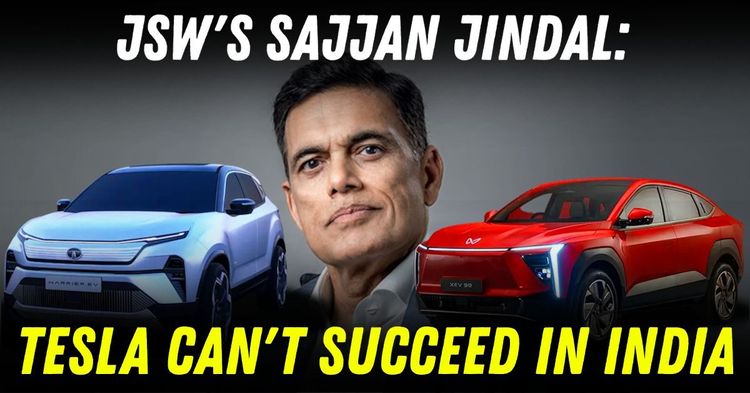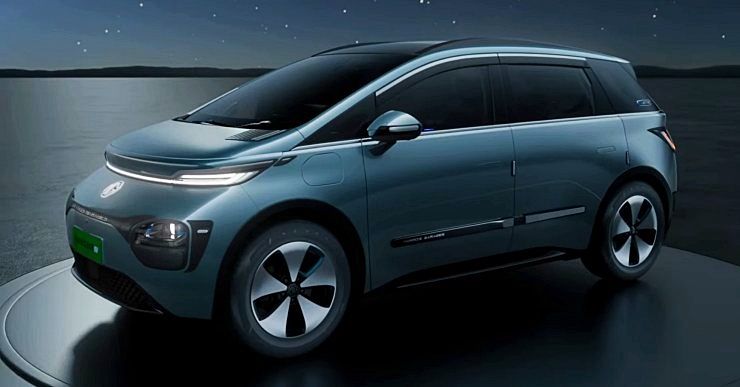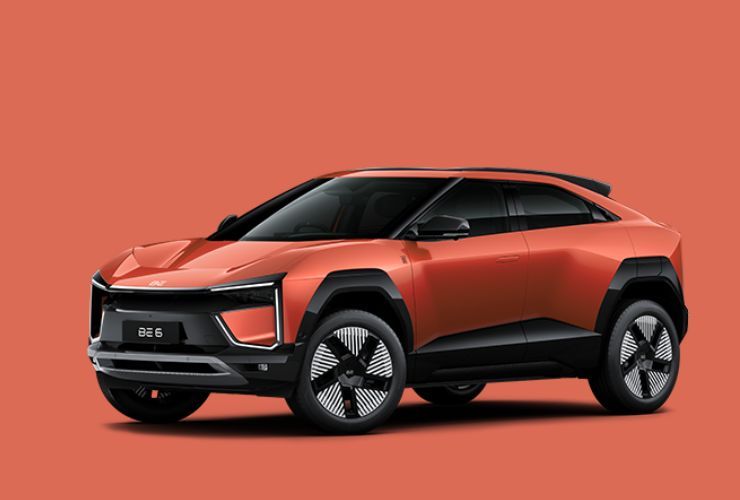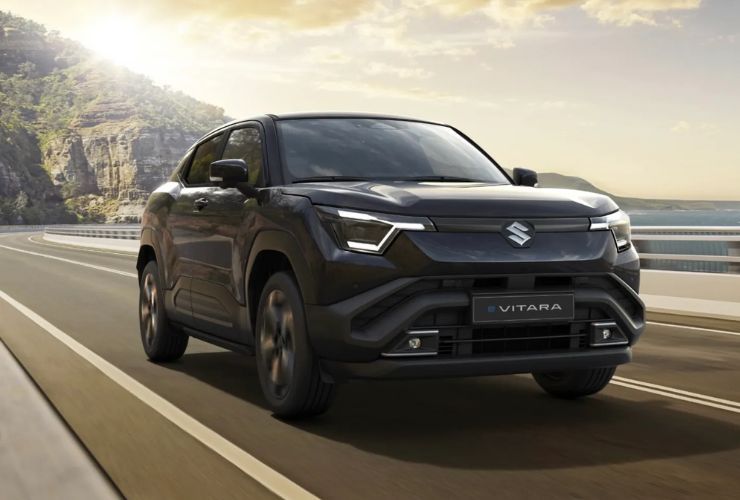Tesla Won't Succeed In India, Says JSW Chief Sajjan Jindal; Explains Why


Elon Musk-owned Tesla Inc. is preparing to start its operations in India. Its phenomenal success in the United States makes many wonder what impact it would have on homegrown and other EV manufacturers that are already successful in the country. Now, Sajjan Jindal, Chairman and Managing Director of JSW Group, has come up with an interesting statement that despite the hype, Tesla won't find success in India. He even explained the logic behind his claims.
Speaking at the Ernst & Young (EY) Entrepreneur of the Year awards, Jindal explained that while India offers an exceptional platform for entrepreneurs, the unique challenges of our market mean that tech titan Elon Musk might struggle to replicate his U.S. success here.
Jindal acknowledged India's immense potential as a business hub. He said “I don’t think any country in the world provides the kind of platform India does.” Jindal also believes India’s supportive business environment allows anyone with the drive to succeed, making the country a promising destination for homegrown businesses.

As JSW Group expands into the automobile sector, Jindal is fully committed to his new venture. “I’m putting my heart and soul into the auto business, and I’m 100 per cent sure it will be super successful; there’s nothing that can stop me” he said, highlighting the opportunities that exist for local manufacturers in India.
When asked about Tesla’s prospects, the entrepreneur was unequivocal. “Elon Musk is not here. He is in the US. He cannot be successful in this country,” he remarked. He also argued that India’s market dynamics are best understood by local companies. Jindal pointed out that established players like Tata Motors and Mahindra already meet Indian consumers’ needs with products tailored to local tastes and conditions.

He further explained, “We Indians are here. He cannot produce what Mahindra can do, what Tata can do. It’s not possible. He can do it under Trump’s shadow, in the US.”
Despite acknowledging Musk’s brilliant track record in the tech world, Jindal maintained that the challenges of the Indian market—such as high import tariffs, price sensitivity, and local consumer preferences—make it a tough arena for a foreign company like Tesla to flourish.
Jindal’s comments align with those of other industry leaders as well. For example, Amitabh Kant, India’s G20 Sherpa and former NITI Aayog CEO, recently stated how Tata Motors and Mahindra are well-positioned in the Indian EV market due to their competitive pricing and deep understanding of local needs. This strong local presence is expected to keep Tesla at bay, despite its global reputation.

Maruti Suzuki, the country's current market leader in the passenger vehicle space, will soon foray into the EV space with the eVitara electric SUV. Chairman RC Bhargava recently said that car manufacturers in India are capable of holding their grounds against the American giant, even with lower duty slabs.
Beyond the auto sector, Sajjan Jindal urged India to solidify its role in the global supply chain. “Trump will come and go. We need to focus on making India part of the global supply chain,” he said, emphasizing that India’s growth is built on its ability to be a reliable supply chain and business partner worldwide.